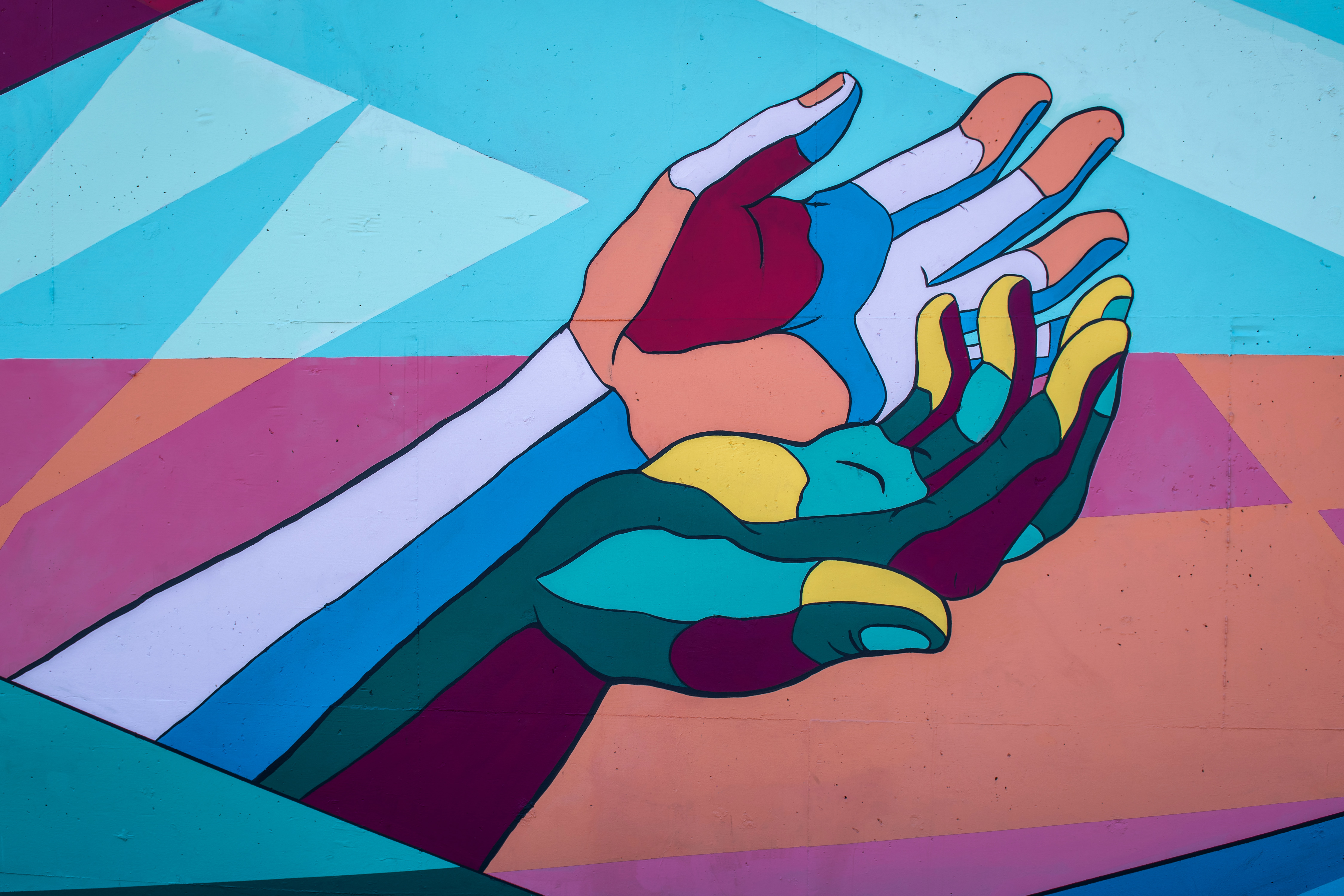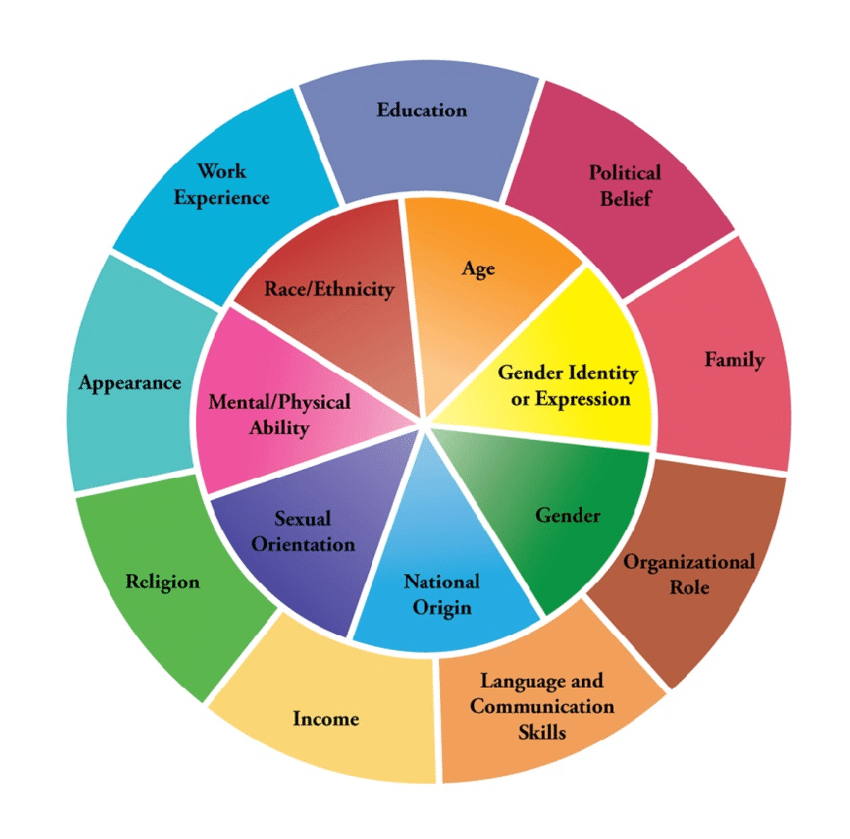Diversity in Our Collections
June 25, 2020
Diversity in our collections. Let’s talk about it.
Our collection development librarians have been working hard to enhance the diversity in our collection for many years. It’s a big part of their job. They keep up with trends, ideas, and tools that help them buy a wide variety of materials in multiple formats.
One of the concrete actions libraries often take in response to big events is to take a closer look at certain segments of the collection. For example, recent events have caused staff to reevaluate and augment our collection of materials related to social and political issues, and especially to check in on our collection of materials by black creators. This usually happens behind the scenes, but we want to make transparent the work that’s going on in service of crafting a better collection for you, our community.
It’s harder work than it seems because our collections are living, ever-changing things, and managing something so large and so fluid is a challenge.
If you had a bookshelf at home with a couple dozen books on it, you would notice immediately if something was missing. There would be a hole on your shelf. And you’d probably be familiar, at least on sight, with everything that’s on the shelf. It’s also fairly easy to look at a shelf like this and see who is and isn’t represented.
Now imagine bookshelves lining your entire home. Plus some books piled here and there. Plus some books that have been moved to the “annex” aka porch, and are covered with a tarp and hopefully aren’t housing a family of earwigs, but it definitely keeps you up at night that you might be housing a family of earwigs.
Now imagine that people come in and out of your house all day, every day, and borrow items. Sometimes those items are returned to your friend’s house, and your friend also has a huge collection of items, and your friend has a different system of—
This analogy has gone far enough, and you get the point. It’s hard to keep track of everything, and it’s hard to get a solid grasp of what is in the collection, to take a snapshot that truly represents what we’ve got and what we’re missing.
Because our collections are so huge, and because they’re always moving between branches, and because sometimes items are lost or damaged, the collection changes quickly. Monday’s collection at Lincoln Park might not look anything like Friday’s collection in the same building.
This means our staff has to use some next-level tools and techniques to keep up with new titles, foundation titles gone missing, and old titles that didn’t get their due upon release.

Concrete Steps
Here are some of the concrete steps we’ve taken in the last few weeks, prompted by larger cultural discussions about race and systemic injustice, as well as an emphasis on #OwnVoices ideals, to check up on our collection:
The person who buys for our children’s materials has been taking a close look at the children’s picture book collection and buying titles, both new and old, related to the topics of social justice and politics. This is based on some new research as well as lists that she keeps in order to quickly check for holes in the collection. With a collection as large as ours, sometimes a title that’s popular and wonderful will disappear for awhile due to A Series of Unfortunate Events that causes all copies to be lost, missing, or damaged in a short period. Children’s books are especially susceptible to this. Kids are hard on books. In a good way. We’re cool with it, but you know, it’s the truth.
Our non-fiction buyer has been looking closely at the non-fiction collection and purchasing books in these areas as well. She says her job is easier than that of her coworkers due to the nature of non-fiction, but that might just be modesty. One challenge faced in non-fiction is that the publishing world moves VERY slowly, so while readers are hungry to read more detailed stories about George Floyd, Breonna Taylor, and others, their stories haven’t yet found their way through the publication process to pulp and ink you can hold in your hands. So it’s the duty of our non-fiction buyer to seek out parallel stories and books that will inform and educate readers about the larger cultural discussions of race and systems of power, and to fill in knowledge gaps until publishing catches up with current events.
The librarian who does our A/V and streaming purchases has posted a list of available titles pertaining to social justice issues to the front of Overdrive and continues to look for more digital materials as well. Kanopy also has an excellent collection and categories on the front page such as “Social and Systematic Injustice” and “Pioneering Black Filmmakers.” Hoopla has searchable categories such as “Black Voices” and “Black Stories Matter” that can be very helpful in selecting materials. All of these resources provide great materials for adults as well as children.
The person who buys fiction has been making purchases, checking for missing titles, and putting together a huge list of resources for diversifying collections (see below).
Other staff who aren’t in the buying game have been hard at work on booklists and bookmarks that highlight authors and titles in various parts of the collection, whether they be movies, romance titles, or others. Keep an eye out, these will be popping up soon.
Tools
These are just a few tools we use to improve and maintain the collection, and they might be helpful to you, too.
Johns Hopkins Diversity Wheel

This tool is one that helps us appreciate just how multi-faceted every individual is. Used along with this published paper we can see that issues of representation are more nuanced and meaningful than one might expect at first glance. To truly represent everybody is a monumental task and a constant work-in-progress.
Weneeddiversebooks.org is also a great resource, and this page in particular links to an always-growing list of resources. This provides a great way to check up on and build our collection, and it’s a big help building a to-read list, if you’re in that market. One of the great things about this non-profit is that they recognize that the dearth of diverse literature starts with publication. Indeed, it can be frustrating to seek out books that represent groups or even individuals and to find very few options.
Awards
We’ve been taking a look at some awards that help us round out the collection and make sure we’ve got the best of the best. Here’s a short list of awards we’ve been looking at in the past few weeks. Take a look. You might see something you like!
The Coretta Scott King Book Awards
The (Mildred L.) Batchelder Award
The William C. Morris YA Debut Award
YOU Can Help!
One of the hardest parts about maintaining a collection is identifying what’s missing. Whether something has left our collection or was never there, absence is harder to notice than presence. And just because it’s not there now doesn’t mean it shouldn’t be.
We’re working hard to balance out our collection, and we can do better with your help.
If you are aware of books, movies, music, anything related to topics you’re passionate about, we want to hear about them.
First step: check our catalog and make sure we don’t have it already!
Then, if you don’t find it, fill out a purchase suggestion.
We can’t buy everything. Sometimes publishers make things difficult for libraries, sometimes things go out of print—there are a lot of factors that feed into whether or not we’re able to get something on the shelves. So we can’t promise we’ll buy everything, but we CAN promise that we’ll make the effort.
We’re moving forward, and we need your help. Nudge us in the right direction. Point out the opportunities we’re missing. Help us make a collection you’re proud to call yours. Because truly, these materials belong to you, our patrons, and they should represent you.
Your library’s collection is imperfect, and it never will be perfect. No library will ever build a perfect collection. As close to perfect as a library can get is to keep moving forward. Even though we’ll never reach perfection, we’re still walking in perfection’s direction. We invite you to walk with us.
